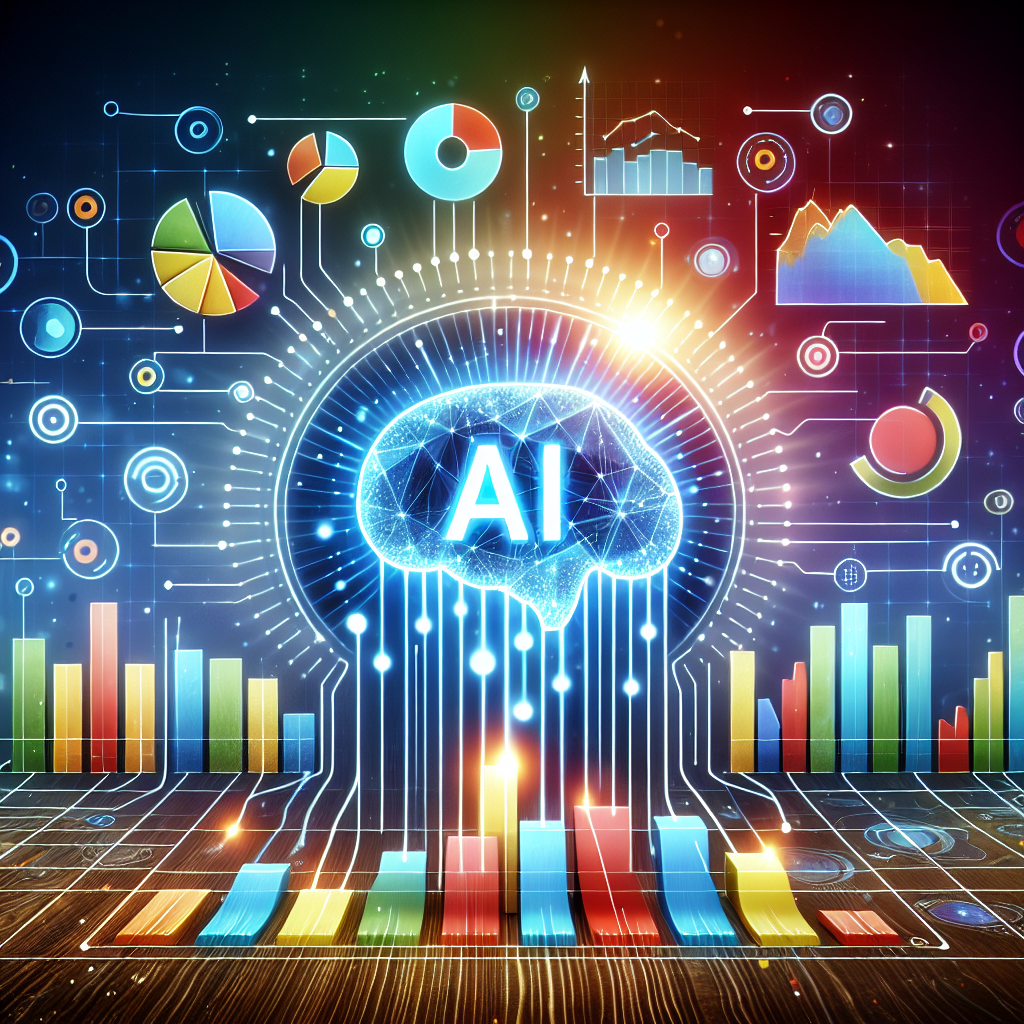In a time when data is more plentiful than ever, companies consistently strive to leverage this abundance to enhance decision-making. Marketing analytics, the practice of assessing, managing, and interpreting marketing performance, has witnessed substantial evolution, largely due to developments in artificial intelligence (AI). This article delves into how AI is reshaping marketing analytics, empowering enterprises to turn data into actionable insights, elevate customer experiences, and boost overall performance.
The Transition to Data-Driven Marketing
Traditionally, marketing decisions were often guided by intuition and personal insights. However, the rise of digital tools has enabled the collection of extensive data from numerous sources, including social media interactions, website analytics, and customer transactions. The challenge for marketers, however, extends beyond mere data collection; it involves effectively analyzing this information to make informed choices.
AI has emerged as a transformative factor in this domain. By utilizing machine learning algorithms and predictive analytics, businesses can now manage vast datasets, uncover patterns, and extract insights that were once out of reach. This shift towards data-centric marketing allows organizations to adapt their strategies based on current data rather than depending on historical information or assumptions.
Improved Customer Segmentation
A key element of successful marketing is understanding the target audience. Conventional segmentation techniques often depended on demographic data, which might not fully capture a customer’s preferences and behaviors. AI enhances customer segmentation by examining not only explicit data but also implicit cues, like online behavior and engagement trends.
Machine learning algorithms can categorize customers into distinct segments based on their buying patterns, likes, and interactions with the brand. This deeper understanding enables marketers to craft highly personalized campaigns that resonate with specific groups, leading to improved engagement and conversion rates.
Predictive Analytics: Foreseeing Customer Behavior
Predictive analytics is another field where AI is making notable advancements. By evaluating historical data alongside real-time indicators, AI models can anticipate future customer behaviors, preferences, and potential purchasing patterns. For instance, businesses can forecast which products a customer is likely to buy next or predict when they might disengage.
With these predictive insights, marketers can proactively meet customer needs, optimize targeting strategies, and allocate resources more efficiently. Brands can also spot trends early, enabling timely modifications to their marketing approaches and enhancing their response to changes in consumer behavior.
Maximizing Marketing Performance
AI-driven analytics tools continuously monitor and assess marketing campaigns in real-time. This ability allows businesses to evaluate what succeeds and what fails, facilitating data-driven adjustments on the go. For example, through AI-powered A/B testing, marketers can identify which ad creatives or messages resonate most with their audience.
Moreover, AI can assist in optimizing budgets by revealing which channels yield the highest returns. Sophisticated algorithms can evaluate the effectiveness of different marketing expenditures, ensuring that resources are allocated to initiatives that deliver significant impact.
Improving Customer Experience
In today’s competitive landscape, providing a seamless and tailored customer experience is essential. AI enables brands to utilize insights from marketing analytics to enhance interactions across various touchpoints. AI-powered chatbots can offer instant support, while recommendation engines can propose products based on a customer’s past actions.
By understanding and anticipating customer needs, brands can cultivate deeper connections and build loyalty. The capacity to personalize content and offers not only delights customers but also boosts conversion rates and encourages repeat business.
Challenges and Considerations
While the advantages of AI in marketing analytics are considerable, organizations must also contend with related challenges. Data privacy issues, ethical dilemmas, and the necessity for high-quality data are critical aspects that businesses must address. Compliance with regulations like GDPR is vital for maintaining customer trust.
Furthermore, although AI can automate numerous processes, a human element remains essential for strategic decision-making. Marketers must accurately interpret AI-generated insights and effectively blend them into their overarching marketing plans.
Conclusion
AI is truly transforming marketing analytics, altering how businesses handle data and make decisions. By harnessing the capabilities of AI, organizations can improve customer segmentation, anticipate behaviors, optimize performance, and ultimately provide exceptional customer experiences. As technology continues to progress, the integration of AI into marketing will deepen, offering even more groundbreaking solutions to meet the ever-evolving demands of consumers. Adopting this transformation will be critical for businesses looking to thrive in today’s data-oriented market.

